Related Movies

The Karate Kid Part II (1986)
Summoned by his dying father, Miyagi returns to his homeland of Okinawa, with Daniel, after a 40-year exile. There he must confront Yukie, the love of his youth, and Sato, his former best friend turned vengeful rival. Sato is bent on a fight to the death, even if it means the destruction of their village. Daniel finds his own love in Yukia's niece, Kumiko, and his own enemy in Sato's nephew, the vicious Chozen. Now, far away from the tournaments, cheering crowds and safety of home, Daniel will face his greatest challenge ever when the cost of honor is life itself.
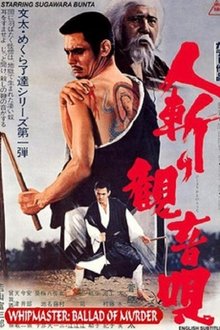
Whipmaster: Ballad of Murder (1970)
Ryotatsu, the wayward Priest blinded by Shinkai, the Wicked Priest, has his own story in this ultra-violent tale from the era of the Meiji Reconstruction. When a woman leaves her blind son at the Monastery, Ryotatsu is forced to teach the boy how to cope as a blind person in old Japan. When he takes the child with him on the road to find the boy's mother, they run afoul of not only yakuza gangsters, but some corrupt army officers have been trying to sway public opinion against the Satsuma rebels by posing as members of Saigo Takamori's group. It's a bloody mistake for them to underestimate the strength of the Blind Priest, and he'll make them pay with their lives!
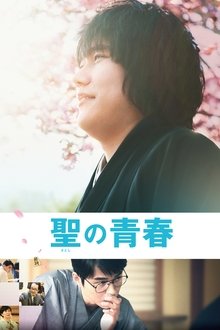
Satoshi: A Move for Tomorrow (2016)
Satoshi Murayama, the shogi (Japanese chess) master known as the arch-rival of Yoshiharu Habu, the shogi genius of the century, died of an intractable disease at age 29. Satoshi devoted his life to fighting not only the disease but also his rivals, feverishly pursuing the highest title, at risk to his life. Director Yoshitaka Mori (Hyakuhachi (2008), Space Brothers (2012)) depicts Murayama's true struggling life, full of love from his parents and teacher, based on the non-fiction novel written by Yoshio Osaki. Kenichi Matsuyama intensely portrays Satoshi and physically embodies the character.

Tora! Tora! Tora! (1970)
In the summer of 1941, the United States and Japan seem on the brink of war after constant embargos and failed diplomacy come to no end. "Tora! Tora! Tora!", named after the code words used by the lead Japanese pilot to indicate they had surprised the Americans, covers the days leading up to the attack on Pearl Harbor, which plunged America into the Second World War.
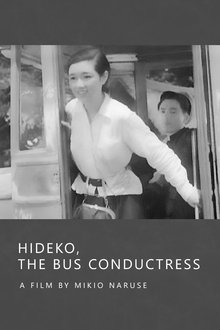
Hideko the Bus Conductress (1941)
Okoma, a witty young woman working as a conductor in an old, rickety bus in Kōfu, Yamanashi (rural Japan), has a creative idea that could avert the dwindling number of passengers when her job and the bus company itself are at stake.

The Bridge on the River Kwai (1957)
The classic story of English POWs in Burma forced to build a bridge to aid the war effort of their Japanese captors. British and American intelligence officers conspire to blow up the structure, but Col. Nicholson, the commander who supervised the bridge's construction, has acquired a sense of pride in his creation and tries to foil their plans.

Dolls (2002)
Dolls takes puppeteering as its overriding motif, which relates thematically to the action provided by the live characters. Chief among those tales is the story of Matsumoto and Sawako, a young couple whose relationship is about to be broken apart by the former's parents, who have insisted their son take part in an arranged marriage to his boss' daughter.
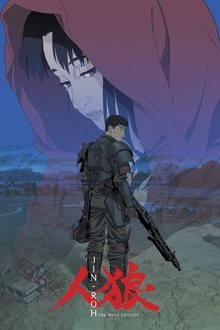
Jin-Roh: The Wolf Brigade (1999)
A member of an elite paramilitary counter-terrorism unit becomes traumatized after witnessing the suicide bombing of a young girl and is forced to undergo retraining. However, unbeknownst to him, he becomes a key player in a dispute between rival police divisions, as he finds himself increasingly involved with the sister of the girl he saw die.
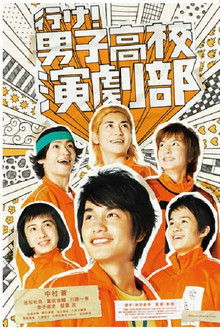
Go! Boys' School Drama Club (2011)
Genki Ogasawara enrolls in an all boys high school. He then sets out to become popular with girls and looks for a club to join at school. Genki then comes across a performance of "Romeo and Juliet" performed by the school's drama club. Genki falls for the lead playing Juliet and decides to join the drama club. Genki isn't aware that the drama club is about to be shut down and that the person playing Juliet is actually a senior male student in drag.

John Rabe (2009)
A true-story account of a German businessman who saved more than 200,000 Chinese during the Nanjing massacre in 1937-38.

In the Realm of the Senses (1976)
A passionate telling of the story of Sada Abe, a woman whose affair with her master led to an obsessive and ultimately destructive sexual relationship.
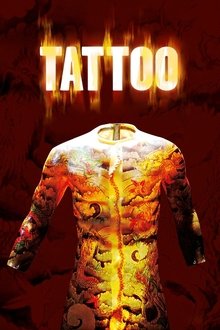
Tattoo (2002)
Marc Schrader, a rookie cop caught red-handed with drugs in a police raid of an illegal rave, joins a homicide investigation conducted by Chief Inspector Minks. The victim is a naked young woman with the skin stripped off her back, killed as she staggered into traffic. As Schrader and Minks investigate the murder, the case is complicated by a finger found in the stomach of the victim. Forensic examination proves the finger belongs to Nobert Günzel, who was previously convicted of rape and assault. The police raid Günzel’s residence, and discover a blood-stained table with restraints and bits of human flesh in his basement. They also find video equipment and preserved, tattooed skin from the victim’s back. Soon, they found dead bodies buried in the garden. Günzel then goes missing.
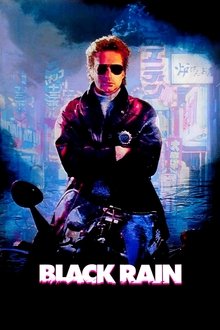
Black Rain (1989)
Two New York cops get involved in a gang war between members of the Yakuza, the Japanese Mafia. They arrest one of their killers and are ordered to escort him back to Japan. However, in Japan he manages to escape, and as they try to track him down, they get deeper and deeper into the Japanese Mafia scene and they have to learn that they can only win by playing the game—the Japanese way.

Seventh Code (2013)
Akiko, a young woman, comes to Vladivostok to meet Matsunaga, a young businessman she has met in Tokyo only once. Akiko finally finds Matsunaga. However, he leaves her again, warning her not to trust strangers in a foreign country. She tries to follow him, but she is attacked by thugs and dumped on the outskirts of town.

Drive My Car (2021)
Yusuke Kafuku, a stage actor and director, still unable, after two years, to cope with the loss of his beloved wife, accepts to direct Uncle Vanya at a theater festival in Hiroshima. There he meets Misaki, an introverted young woman, appointed to drive his car. In between rides, secrets from the past and heartfelt confessions will be unveiled.
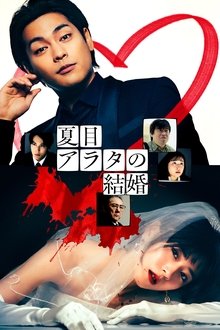
A Conviction of Marriage (2024)
The perverted serial killer who shook the world, "Shinagawa Piero," has been arrested. The killer turns out to be a 20-year-old woman! A boy, seeking to find his murdered father's missing head, writes a letter to her in prison under the name of Arata, a child welfare center worker who was counseling him. To fulfill the boy's request, Arata meets her, but when she realizes Arata did not write the letter, he abruptly proposes marriage to her to capture her interest.
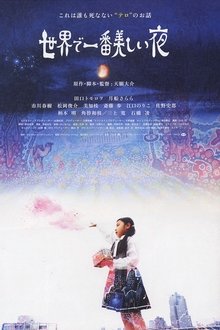
The Most Beautiful Night In The World (2008)
Betrayed and disgraced, big-city reporter Kazuya Mizuno is banished to a desk at Kaname's boring little town newspaper. But Kaname isn't as boring as it seems on the surface. Not with characters around like Shimeko, a girl genius with a childlike lack of propriety, and her ace fisherman/folk-singer dad. Or the overbearing and unpleasant local Shinto priest, a former Christian cultist. Or Endo, Kazuya's new colleague, a bitter drunk after his son's suicide. Or Kin, a former terrorist, now a hermit on his boat engaging in secret "research." Or perhaps most importantly Teruko, the hypnotically beautiful bar owner, the focus of all manner of innuendo and intrigue. Something mysterious, even mystical, is going on Kaname, and hapless Kazuya is about to be thrown into the middle of it.
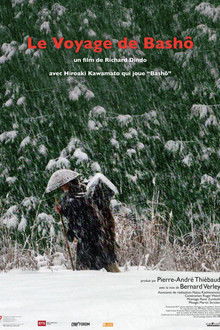
The Voyage of Bashô (2019)
A fictionalised documentary about the great Japanese poet Bashô (1644–1694), the spiritual father of haiku poetry. A monk, portraying the poet, journeys through Japan, following Bashô's journal and writing many of his haikus. A ruminant, poetic, Zen Buddhist observation of nature – a return to the lost paradise of unspoilt nature.

Not in Textbooks 2 (2016)
In the second part of this manga adaptation, Tairaku Arihiko, who is a teacher at a local high school, lives with his student Shirakaba Aya and things are becoming steamier. As she becomes aggressive with her love for him he has to navigate his responsibility and job, his cute student and her thug father.
